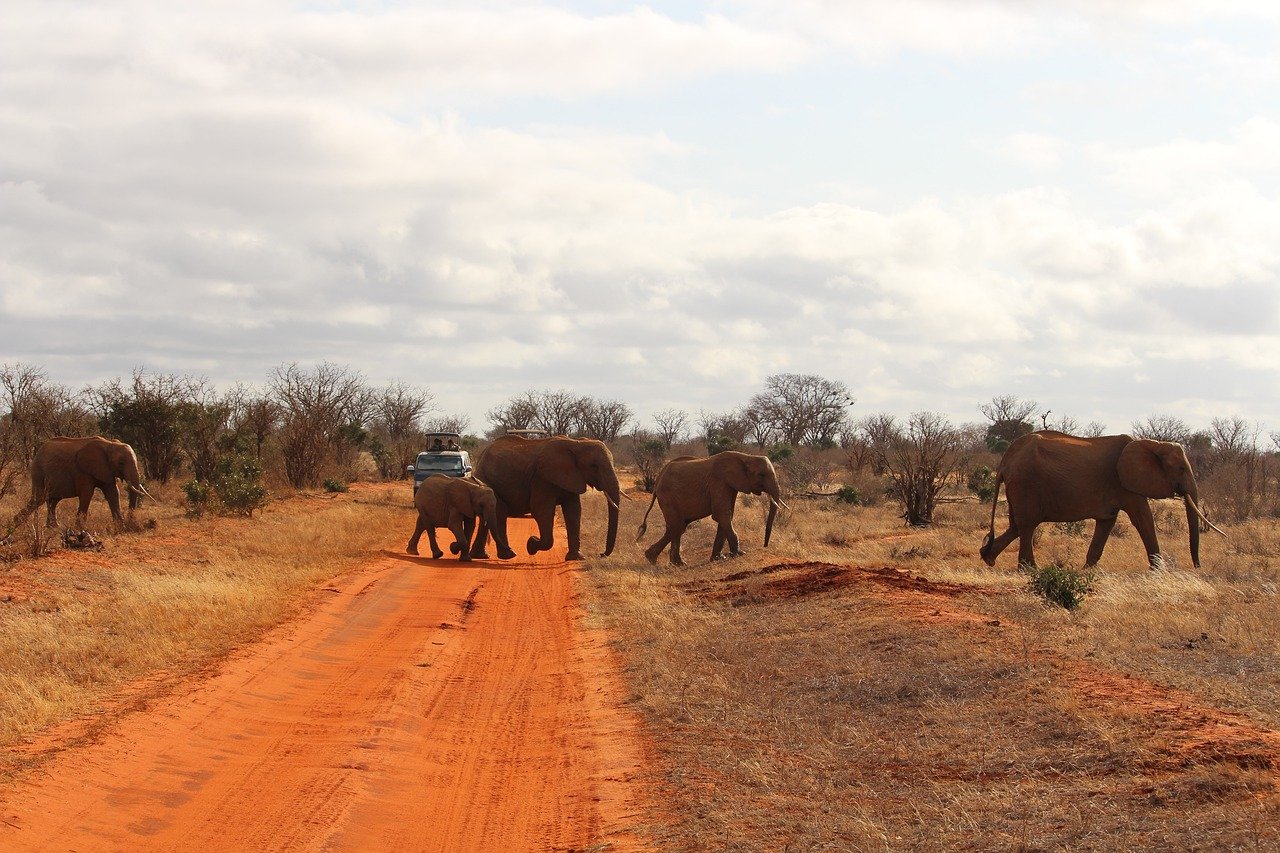Due to restrictions on international travel around the world, the country's tourism revenues have plummeted. The African state wants to partially compensate by issuing licenses to shoot the animals. At least 500 licenses are expected to be issued this year.
Each license will cost 10-70 thousand dollars, meaning that tens of millions of dollars are expected to be earned. Spokesperson of the Zimbabwean National Parks and Wildlife Authority said the revenue would at least allow them to pay their staff salaries.
The total elephant population in the country has reached 100,000. The number of accidents involving them has increased in recent years. There have been deaths.
Animal rights activists have criticised Zimbabwe's plans, stressing that the practice could result in more accidents. In their view, the animals could start taking revenge on their relatives.
Zimbabwe is not the first African country to fix its economy with elephants. Namibia announced similar plans last December. In that case, however, it was a sale rather than a cull.
The elephant population in Africa has declined in recent decades, partly due to poaching, but in contrast, it has grown in the south of the continent.
source: cnn.com
Each license will cost 10-70 thousand dollars, meaning that tens of millions of dollars are expected to be earned. Spokesperson of the Zimbabwean National Parks and Wildlife Authority said the revenue would at least allow them to pay their staff salaries.
The total elephant population in the country has reached 100,000. The number of accidents involving them has increased in recent years. There have been deaths.
Animal rights activists have criticised Zimbabwe's plans, stressing that the practice could result in more accidents. In their view, the animals could start taking revenge on their relatives.
Zimbabwe is not the first African country to fix its economy with elephants. Namibia announced similar plans last December. In that case, however, it was a sale rather than a cull.
The elephant population in Africa has declined in recent decades, partly due to poaching, but in contrast, it has grown in the south of the continent.
source: cnn.com





